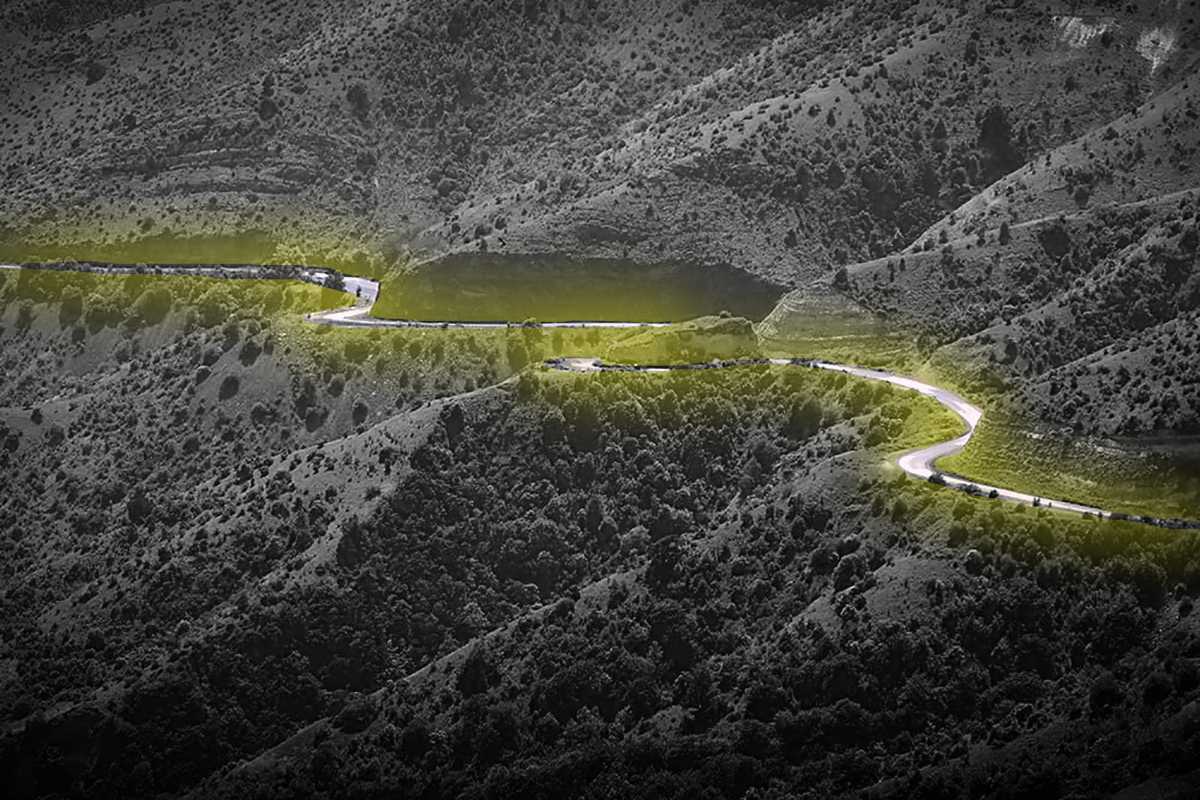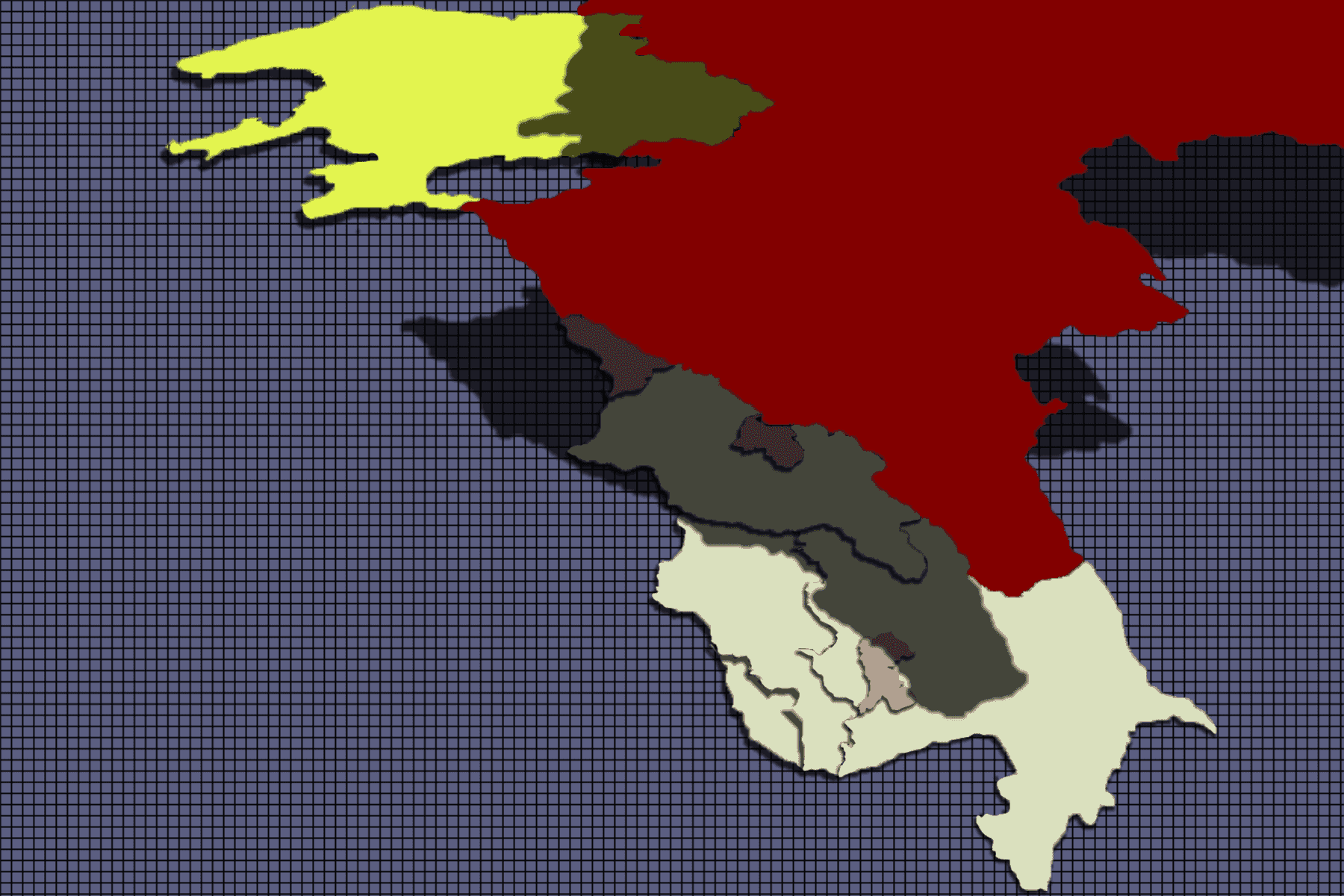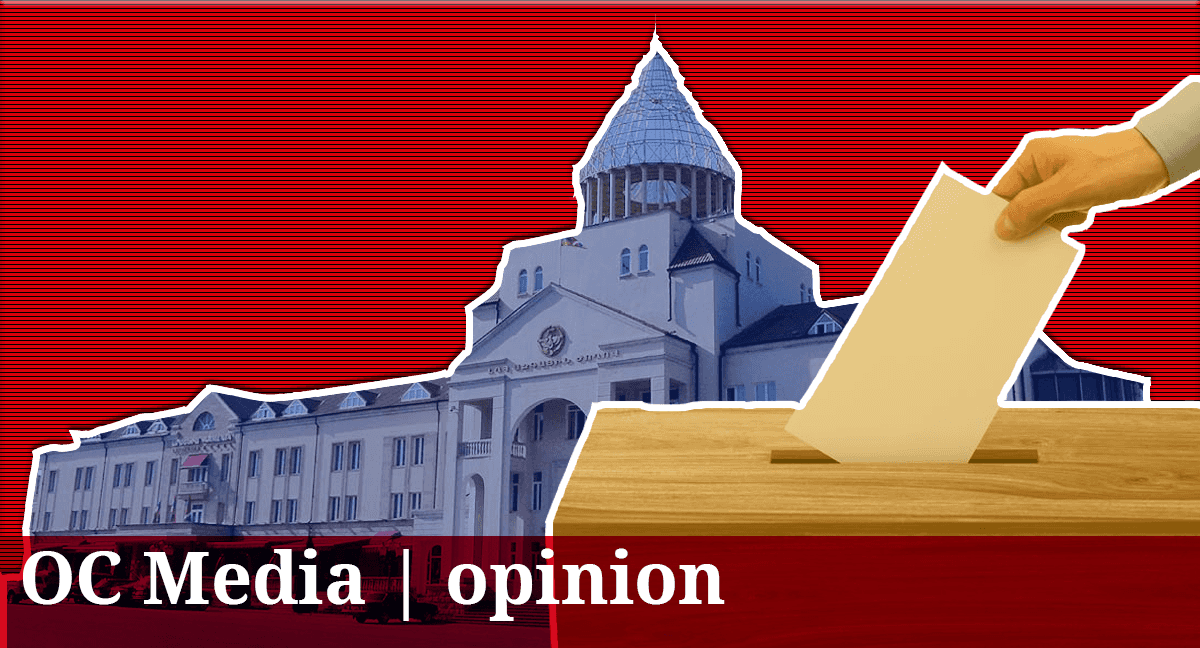
Opinion | Sovereignty through defeat: Pashinyan’s reframing of Armenia’s post-2020 reality
Armenian Prime Minister Nikol Pashinyan’s recent comments on the Armenia–Azerbaijan conflict reflect a reframing of history for propaganda needs.

Armenian Prime Minister Nikol Pashinyan’s recent comments on the Armenia–Azerbaijan conflict reflect a reframing of history for propaganda needs.

Azerbaijan is seeking to justify and normalise its checkpoint on the Lachin Corridor. If it remains in place, the Armenians of Nagorno-Karabakh can never safely travel in and out of the region, and the entire peace process could be in jeopardy. On 28 April, Azerbaijan’s self-styled ‘environmental activists’ who were blocking the Shushi-Qarin tak intersection on the Goris-Stepanakert highway for more than three months halted their protest. These ‘eco-activists’ were substituted by Azerbaijani p

During the latest Armenia–Azerbaijan war, Russia deviated from its long-term alliance with Armenia, reneging on its formal commitments and instead offering inaction and equivocation. Its weak response takes place against a backdrop of military disaster and shifting interests. In the early hours of 13 September, Azerbaijan launched its largest attack on Armenia since the end of the Second Nagorno-Karabakh War. Hours after hostilities broke out, Armenia’s Security Council held an extraord

The invasion of Ukraine could see an isolated and resurgent Russia in the South Caucasus, which has troubling implications for the sovereignty of Armenia and the security of Nagorno Karabakh. The Russian invasion of Ukraine completely changed the entire dynamic of Russo-Western relations in a matter of days. By launching its large-scale offensive against Ukraine, Moscow crossed a red line, becoming the target of unprecedented Western sanctions. The collective West has now adopted a policy of t

The Velvet Revolution has shaken up politics in Nagorno-Karabakh, and the 2020 elections may spell an end for the republic’s old regime. Since the declaration of its independence in 1991, Nagorno-Karabakh has walked a long and bumpy political road. In the 1990s, the military establishment, which played a crucial role in the war of independence, held the real power in the country and practically controlled the entire decision-making process. The political system of the republic was poo